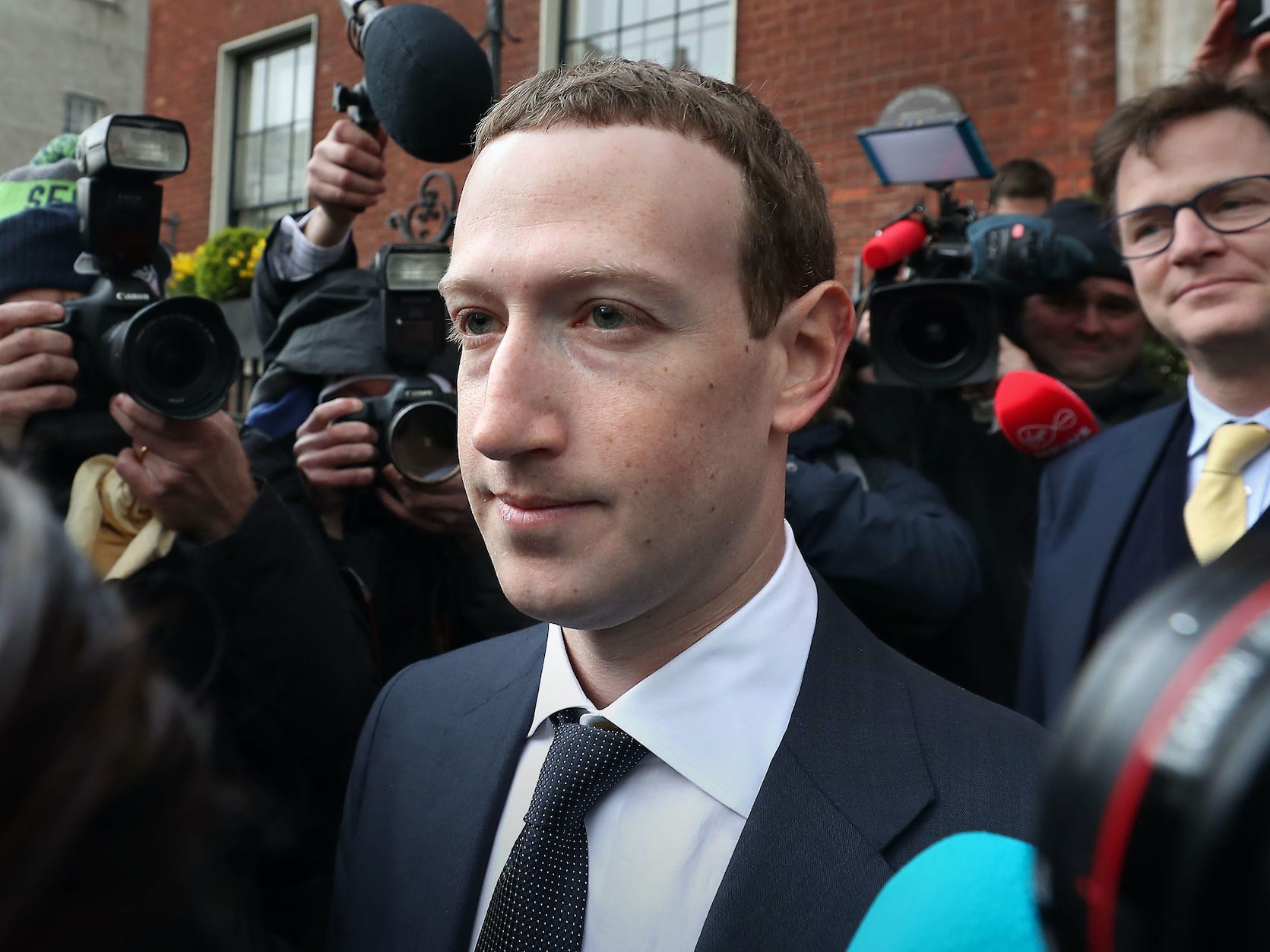
Niall Carson/PA Images via Getty Images
- A recently fired Facebook data scientist wrote a lengthy memo detailing the tech giant’s failures to stop election interference in countries around the world, per a Buzzfeed report.
- The employee, whose job was to find “inauthentic activity,” wrote that the company was slow to take action against fake accounts used to manipulate political outcomes in nations like India, Ukraine, Bolivia, and many more.
- Instead, Sophie Zhang wrote Facebook prioritized its public image in choosing which fake networks to investigate, even if the “disproportionate impact” of real-world problems would go ignored.
- The report is the latest example of Facebook’s long-standing struggle to stop the spread of misinformation and election interference and to prioritize content moderation on its platform.
- Visit Business Insider’s homepage for more stories.
A recently fired Facebook employee wrote a memo on her last day at the company detailing how the tech giant routinely ignored or did not prioritize efforts to manipulate elections and political climates around the world, according to a Monday Buzzfeed report.
The 6,600-word memo was written by Sophie Zhang, a data scientist whose job while at the company was to identify fake accounts used to manipulate political outcomes. The mid-level employee said she was tasked with exercising her own judgement without managerial support while choosing which crucial matters to prioritize that pertained to Iraq, Indonesia, Italy, India, El Salvador, and countless more nations. Zhang’s monumental workload resulted in many such fake networks slipping through the cracks in what is the latest example of Facebook’s longtime struggle to stem the spread of misinformation and election interference on its platform.
Zhang found a series of inauthentic accounts — a term used to describe engagement on the site involving bot accounts — used in an opposition campaign to promote Azerbaijan President Ilham Aliyev. Zhang said in the memo that Facebook did not launch an investigation into the activity until more than a year after she first reported it, and the probe is still ongoing. It also took the company nine months to take action on a coordinated inauthentic campaign to influence public opinion and promote Honduran President Juan Orlando Hernandez, according to the report. Zhang said a similar pattern occurred in Bolivia and Ecuador.
Overall, Zhang wrote that she and her team removed “10.5 million fake reactions and fans from high-profile politicians in Brazil and the US in the 2018 elections,” according to Buzzfeed. She said she knows that she has “blood on my hands by now” as political strife has erupted in many of these nations. She also said she has experienced mental stress and a decline in health due to the weight of such power given to her in her role, a common occurrence that has emerged among content moderators for large tech firms.
Zhang wrote in her memo that Facebook CEO Mark Zuckerberg prioritized networks concerning the US and Western Europe, but other nations took a back seat on the company’s radar. Zhang wrote that Facebook’s indifference was due to “slapdash and haphazard accidents” instead of malicious intent, per the report. However, she did say that Facebook routinely prioritized the company’s public image and “PR fires” over world issues, even if the “disproportionate impact” of those real-world problems would go ignored.
She said, per the outlet, that a NATO researcher brought to Facebook's attention evidence of Russian inauthentic activity on a "high-profile US political figure that we didn't catch." It took that researcher saying they were planning on disclosing the evidence to Congress the next day for the company to prompt Zhang to investigate. She also wrote that to receive the green-light from higher-ups to investigate a matter, she would post about world issues in internal employee message boards to incentivize management.
As Buzzfeed notes, the kinds of operations outlined in Zhang's memo are similar to one conducted by Russia in 2016 in an attempt to influence the outcome of that year's US presidential election, which President Donald Trump ultimately won.
Facebook did not immediately respond to Business Insider's request for comment.

